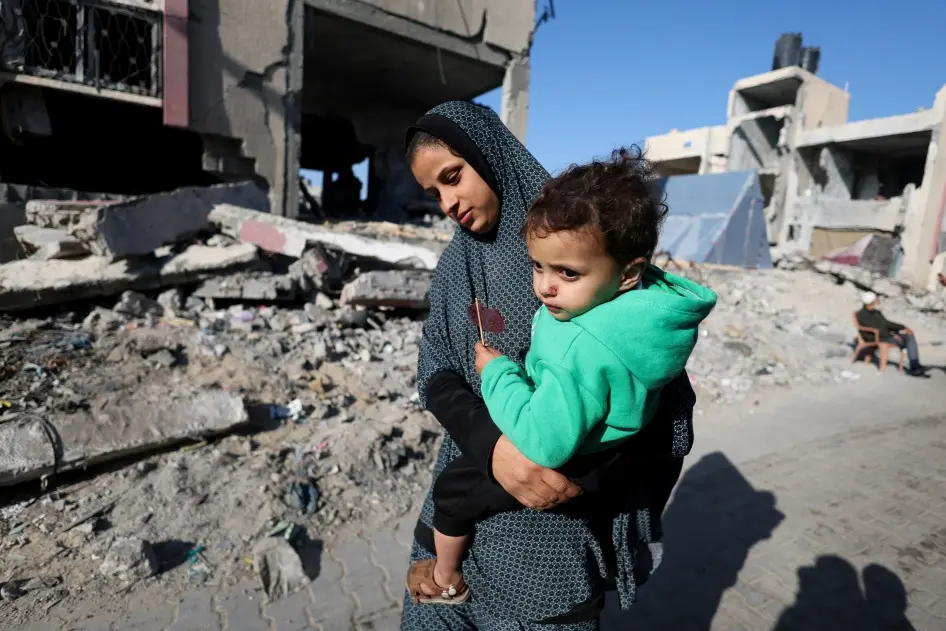Foreign ministers from 25 Western countries—including the UK—have issued a strong statement denouncing what they called the “drip feeding” of humanitarian aid into Gaza. They expressed deep concern over news from the Gaza health ministry that over 1,000 civilians have been killed since late May while attempting to collect food and water. According to the Palestinian ministry, many of these deaths occurred en route to aid distribution hubs run by the Gaza Humanitarian Foundation, backed by Israel and the United States. The ministers described the situation as “horrifying” and warned that the existing aid model “deprives Gazans of human dignity.” They called on Israel to meet its obligations under international humanitarian law and to promptly remove obstacles to safe, effective aid delivery.
Aid Access Restrictions and Humanitarian Crisis
Israel maintains that its approach aims to prevent Hamas diversion of relief supplies but UN agencies report acute shortages of food and medicine. Between March 2 and May 21, Israel enforced an 11-week blockade of aid into Gaza, leading UN officials to alert the global community to rising starvation and malnutrition levels. Despite adjustments to designated aid routes announced in June, fatalities have continued. In the last 24 hours, Gaza’s health ministry reported 99 deaths and over 650 injuries sustained while collecting supplies. The total toll since the war began now stands at 59,029, with aid-related victims adding a devastating human cost.
Political Fallout and Ceasefire Negotiations
The Western foreign ministers—including representatives from Canada, France, Germany, Japan, and Sweden—reiterated their stance in a joint communique alongside the EU crisis commissioner, urging Israel to lift aid restrictions. Israel’s foreign ministry swiftly rejected the criticism, asserting that blame lies with Hamas and that the joint statement forges the wrong narrative. These diplomatic exchanges occur amid escalating efforts by the U.S., Qatar, and Egypt to secure a ceasefire and a hostage release agreement. U.S. officials reportedly presented a new 60-day ceasefire proposal to Hamas last week and are now urging a swift response, citing the worsening humanitarian situation. Hamas leaders in Qatar have indicated private support but remain in consultation. The next days are expected to be pivotal, with mediators hoping that clarified troop withdrawal maps and negotiated guarantees will pave the way to a deal.







